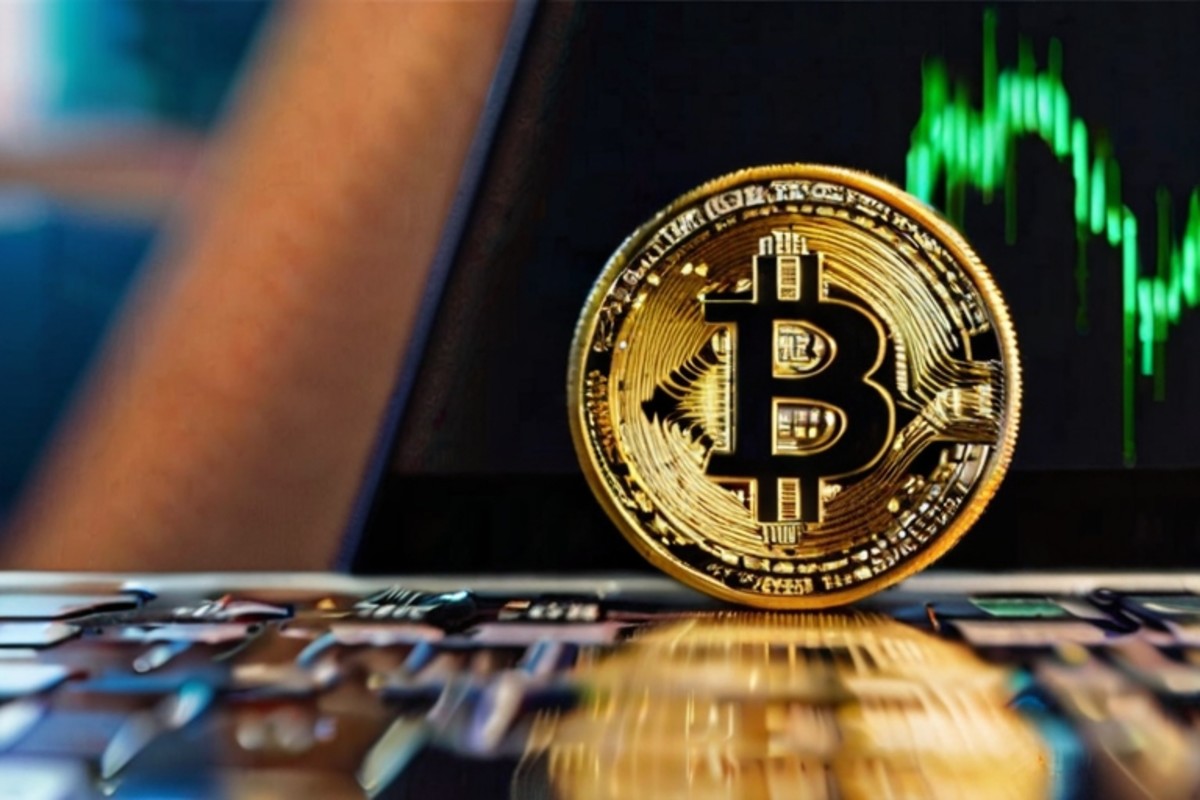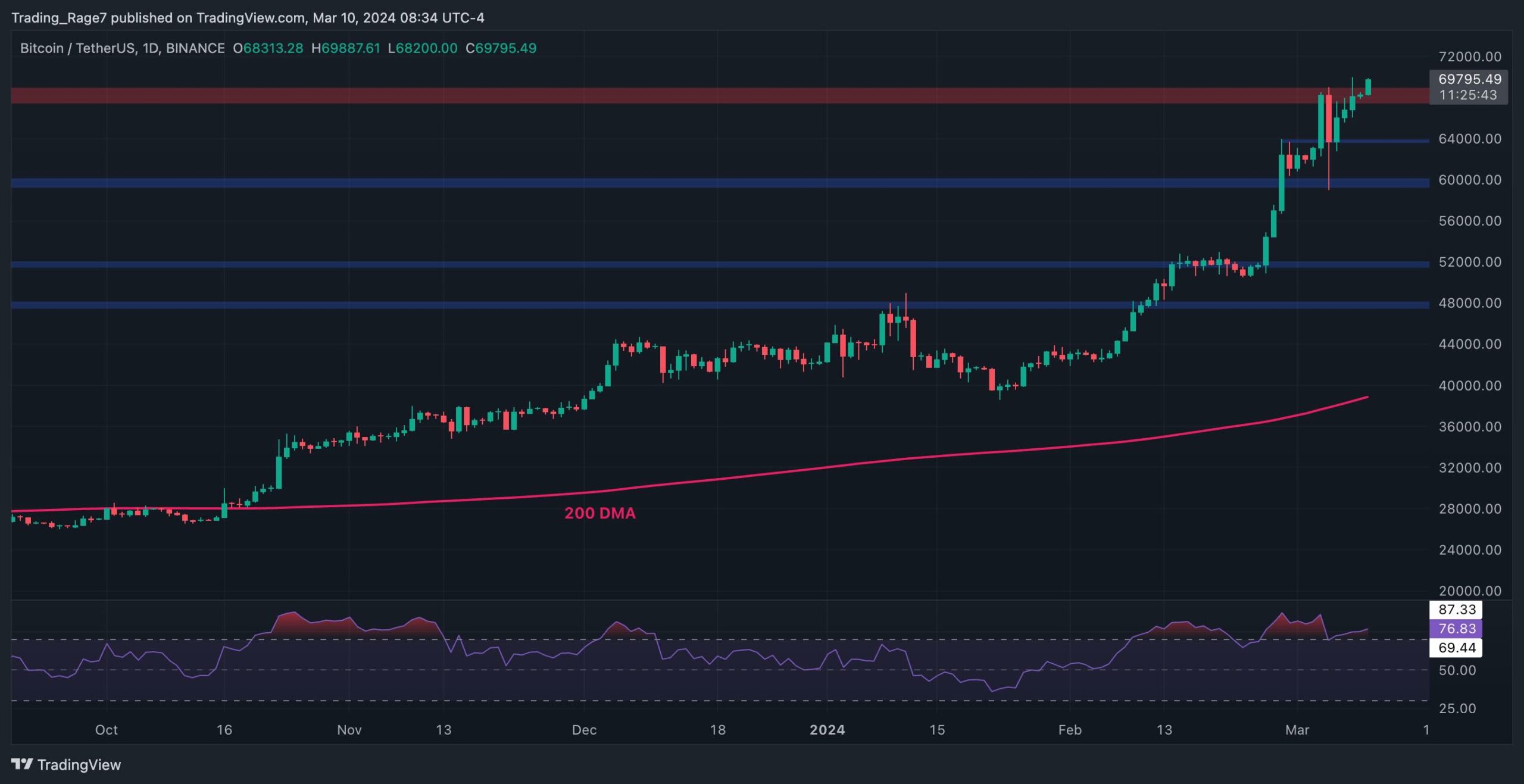Ripple’s Upcoming Stablecoin Under SEC Scrutiny: Another Legal Battle Looms
Ripple Labs is once again coming under the scrutiny of the US Securities and Exchange Commission (SEC) after the federal agency suggested in a recent reply brief that Ripple’s upcoming stablecoin is an “unregistered cryptocurrency asset.” “Ripple’s primary business continues to be, as it has been since 2013, unregistered sales of XRP. It also plans [...] The post Ripple’s Upcoming Stablecoin Under SEC Scrutiny: Another Legal Battle Looms appeared first on Blockonomi.

Ripple Labs is once again coming under the scrutiny of the US Securities and Exchange Commission (SEC) after the federal agency suggested in a recent reply brief that Ripple’s upcoming stablecoin is an “unregistered cryptocurrency asset.”
“Ripple’s primary business continues to be, as it has been since 2013, unregistered sales of XRP. It also plans to issue a new unregistered crypto asset,” the document stated.
While the SEC did not specify that the “new unregistered crypto asset” was Ripple’s not-yet-launched stablecoin, Ripple’s latest announcement of a new cryptocurrency issuance confirmed this.
The SEC is Not Into Cryptos
Last month, the tech firm announced its plans to launch a new stablecoin that consistently maintains a backing of assets such as US dollar deposits, US government bonds, and cash equivalents. To date, Ripple hasn’t shared further details about its upcoming stablecoin.
However, following the SEC’s move, Ripple issued a blog post discussing stablecoins, their potential, and their benefits.
Apart from Ripple’s stablecoin, the SEC’s filing also shows that it maintains its stance on Ripple’s primary business. The agency said Ripple’s sale of XRP tokens constituted unregistered securities offerings.
As noted in the filing, Ripple claims that because it has licenses from other jurisdictions that don’t consider XRP a security, it won’t violate US securities laws. However, the SEC dismisses this argument as irrelevant. The agency compares it to “a New York restaurant need not obtain a liquor license because it obtained a fishing license in California.”
In response to Ripple’s request to change the wording of the court orders, the SEC defended its proposed injunctions as clear, necessary, and based on legal precedent.
In his response, Ripple’s chief legal officer, Stuart Alderoty, called the SEC’s filing baseless, saying the agency is lacking cooperation with international regulators on crypto regulations.
The mounting pressure from the SEC on Ripple likely originated from a lawsuit filed in 2020. In this legal battle, despite XRP itself not being considered a security, the sales of $728.9 million XRP to hedge funds and sophisticated buyers were found to be unlawful.
Consequently, the SEC is pursuing $2 billion in damages from Ripple for its XRP transactions.
Stablecoins Face Increased Scrutiny
Stablecoins have long been an integral part of the cryptocurrency system. Not only Ripple, digital payment giant PayPal has also engaged in this lucrative market.
1/ The stablecoin market is booming – around $150B today, and projected to soar past $2.8T by 2028. There's a clear demand for trust, stability, and utility.
That's why later this year we’re launching a stablecoin pegged 1:1 to the USD on the XRP Ledger and Ethereum.…
— Ripple (@Ripple) April 4, 2024
Though this is Ripple’s first launch and potentially facing big competition from the big names like Tether’s USDT or Circle’s USDC, Ripple CEO Brad Garlinghouse, remains positive about the competition. He said Ripple’s new stablecoin targets the US market but might expand to other European and Asian countries in the future.
However, the SEC’s target on Ripple’s stablecoin could prevent the company from reaching its goal. It could also raise concerns among other stablecoin issuers.
Besides Ripple, the SEC’s allegations also previously aimed against Binance concerning the issuance of BUSD- Binance’s stablecoin. Though Binance’s response and potential judicial interpretation may differ, the SEC’s message is clear: stablecoins may be viewed as securities, prompting heightened scrutiny among stablecoin issuers.
In recent years, the U.S. SEC has taken a multifaceted approach to regulating digital assets, including stablecoins. Despite recognizing and validating the potential benefits of blockchain technology and digital innovation at some levels, the SEC remains cautious in its approach.
The growing number of legal cases like the SEC’s lawsuit against Ripple also shows the lack of mutual understanding between cryptocurrency companies and regulators.
This ambiguity in regulations creates uncertainty for companies, potentially leading to missteps that result in financial losses. This situation also raises questions about lawmakers’ responsibility to provide clear regulatory frameworks for digital assets.
The SEC recently generated headlines after threatening legal lawsuits against several prominent crypto entities. The latest targets are Uniswap Labs, Consensys, and Robinhood.
The post Ripple’s Upcoming Stablecoin Under SEC Scrutiny: Another Legal Battle Looms appeared first on Blockonomi.
What's Your Reaction?



































